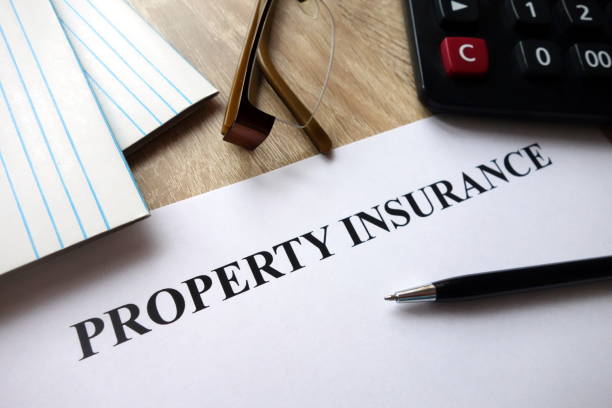Numerous issues come to the Civil Law department concerning the responsibility of the Owners’ Associations, so in this publication, I will make a concise outline of their obligations, origin, and limits.
Before delving into the substance, clarify that the Communities of Owners can incur contractual and non-contractual liability, either against their community members or against third parties.
The art. 10 a) of Law 49/1960, of July 21, on Horizontal Property establishes that for the Community of Owners they are mandatory and, therefore, they must assume, without the need for the prior agreement of the Board and without affecting who is the applicant, among others, the following actions:
- The works are necessary for the adequate maintenance of the standard services and facilities.
- The words and activities needed to guarantee reasonable adjustments in terms of universal accessibility and, in any case, those required at the owners’ request in whose home or premises they live, work or provide voluntary services, people with disabilities or over seventy years.
Repayment obligation
The community members who face said works, as a consequence of the inactivity of the Community, will have the right to reimbursement of the capital invested in the part that exceeds the quota that corresponds to them as co-owner.
Responsibility of the Community of Owners for damages to third parties or co-owners
Given the binding nature of the art. as mentioned earlier ten a,) of the Horizontal Property Law, the Community of Owners may be responsible for damages caused to third parties or their community members, generated due to non-compliance with the maintenance above, adaptation and repair obligations.
Civil liability for damages is the obligation to compensate that arises from the damage caused by a breach of contract ( contractual liability ) or to repair the damage that has been forced to another with whom there was no prior link ( tort liability ).
The imputation of the responsibility contemplated here has its origin in art. 1907 of our Civil Code expressly establishes that
“The building owner is responsible for the damages resulting from the ruin of all or part of it if it occurs due to lack of necessary repairs.”
Liability against third parties for damages (non-contractual penalty) is also based on art. 1902 of the Civil Code that determines that:
“He who by action or omission causes damage to another, intervening fault or negligence, is obliged to repair the damage caused.”
Responsibility of the Community of Owners for debts to third parties
The art. 22.1 of the aforementioned Horizontal Property Law establishes that “The community of owners will respond for their debts to third parties with all the funds and credits in their favor .”
In addition, subsidiarily, the creditor may individually address the respective owner for the share that corresponds to the unsatisfied amount, which must be previously and extrajudicially required for payment.
Limits to the liability of the Community of owners
The right, as mentioned above, to reimbursement of the community members, can be exercised within limits developed by law and jurisprudence.
The TS Judgment of February 2, 2016, Rec. 2904/2013, declares as a jurisprudential doctrine that.
“The reimbursement by the Community of Owners will only proceed to the community member who has unilaterally executed works in common areas when the Secretary-Administrator or the President has been previously requested, warning them of the urgency and necessity of those. If a said requirement is not mediated, the Community will be exonerated from the obligation to pay the amount corresponding to said execution.”
In other words, for the co-owner’s right to reimbursement to operate, there must necessarily be a prior irrefutable request to the Community of Owners.
On the other hand, the amount passed on annually for the works to adapt to the regulations on universal accessibility, once subsidies or public aid have been deducted, cannot exceed twelve regular monthly payments of everyday expenses. However, this circumstance will not exclude the mandatory nature of these works. Well, the excess must be assumed by those who have requested them.
Regarding civil liability for damages, Section 14 of the AP of Madrid in its Judgment of July 13, 2006, referring to numerous doctrines and jurisprudence, determines that “the Community of Owners can only be released from liability, contractual or non-contractual, for damages, demonstrating that they have deployed the necessary foresight and activity to avoid the damage caused.”



